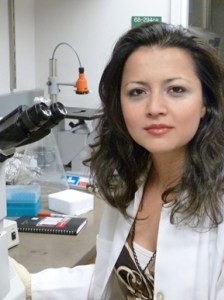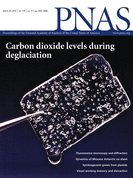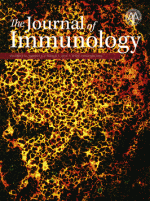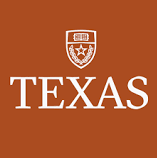
A well-known scientist at the Massachusetts Institute of Technology who studies longevity has retracted a paper for “numerous examples of unindicated splicing of gel lanes,” as well as other problems.
This is Leonard Guarente‘s second retraction. He shares both with Gizem Donmez, an alum of his lab who now has three retractions. Donmez left her post as a Tufts professor in 2014.
Guarente told us in March — when we reported that he’d published a mega-correction on another paper — that he had planned to address issues with the paper, “SIRT1 Protects against α-Synuclein Aggregation by Activating Molecular Chaperones,” published in the The Journal of Neuroscience. Now, a retraction note has appeared “at the request of the authors.” It explains:








